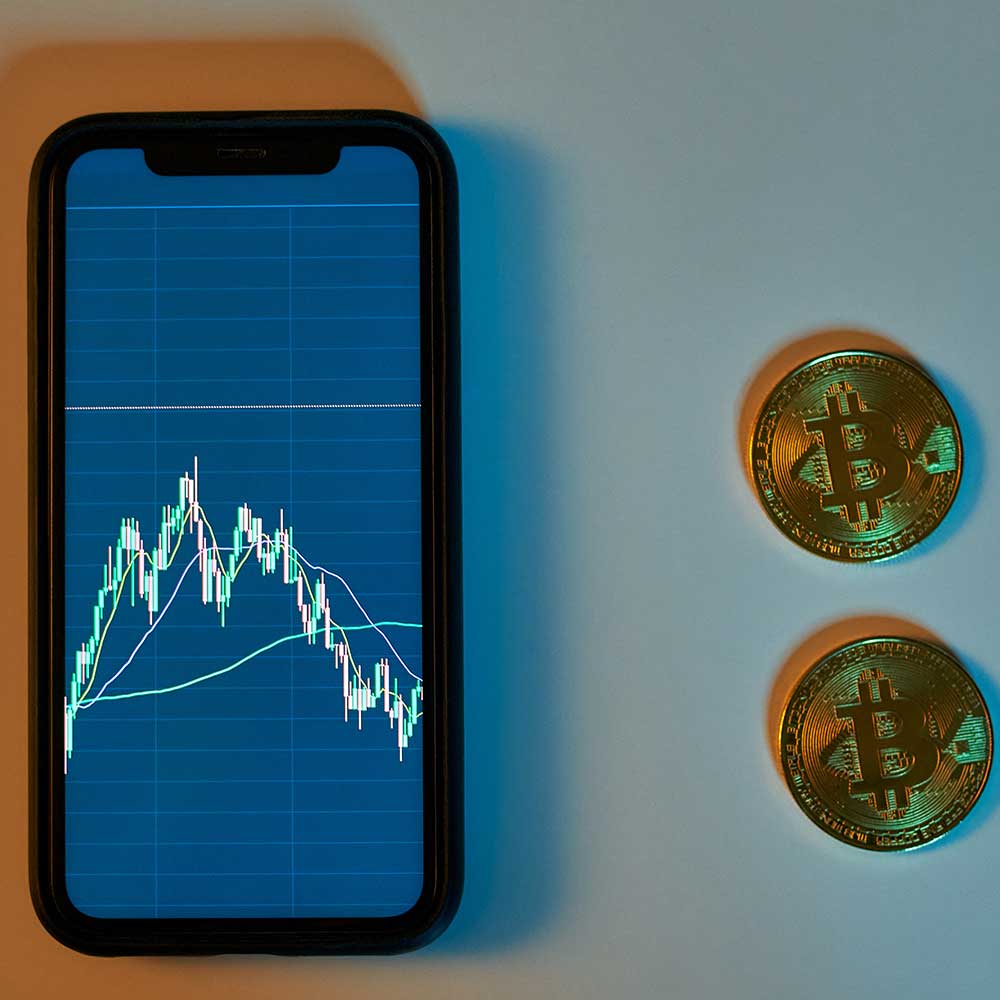Our CIO ED Hindi’s thoughts on bitcoin in the current economy.
As the crypto market burned, igniting mass hysteria and a widespread sell-off, many commentators were quick to sound the death-knell of crypto. As the Spectator puts it, ‘Crypto is Dead’.
Despite crypto’s recent fall from grace, if investors are looking to diversify their portfolios, bitcoin remains one of the most asymmetric investment opportunities out there, particularly as inflation soars and experts speak in ever louder voices about an impending recession.
Amidst the understandable panic, investors are failing to see things clearly, pulling away at a time when they should be choosing to strike. They should be reminded of Warren Buffett’s maxim, “be fearful when others are greedy and greedy when others are fearful.”
A recent Financial Times poll found that almost 70% of 49 economists surveyed are expecting a recession in the next year. Many claim this could lead to a wider spread financial meltdown and cause the S&P to plunge a further 20%.
Traditional safe havens for investors are dwindling in number right now. The dollar remains significantly over-valued against every other fiat currency. Money markets around the world are set to fare poorly as real yields remain deeply negative. In the UK for example, the Bank of England estimates inflation to hit 11% in the near future. When a 10-year UK Gilt yields just 2.08% inflation needn’t be that high for too long before investors are dealing with sizable paper losses.
Equities are also a risky bet. The tech-heavy Nasdaq stock market has fallen 22.4% this quarter, with some experts predicting that prices will not bottom out until 2023.
Commodities likewise are an unattractive alternative. While oil is up right now due the Ukraine war and supply side constraints, it has dropped 30% from its highs and prices will likely drop even more if the Ukraine conflict dies down and the global economy continues to slow. It is getting more likely that the war in Europe may end sooner than expected according to diplomatic sources.
Considering the potential damage in traditional assets – where should investors go?
Bitcoin stands to perform well in the current economic environment. Firstly, due to its scarcity. Its supply is constrained to an upper limit of 21 million bitcoins, its value should remain stable or improve over time.
Secondly, bitcoin’s value is not tied to the monetary and fiscal policies of sovereign governments. Fiat currencies are designed to be the worse form of money.
Given the recent widespread sell-off of cryptocurrency assets – including bitcoin many may be fearful. Bitcoin’s value has been as high as USD68,000 as recently as December 2021. Therefore, there is significant room for upside as at the time of writing, bitcoin’s valuation sits at USD20,841 and the most bearish forecasts are targeting USD10,000 (7/1 risk/return ratio).
The recent crypto crash has led to more urgent calls for greater regulation. Recently, U.S. Senators Kirsten Gillibrand and Cynthia Lummis introduced legislation that would create the first comprehensive federal framework for regulating digital currencies.
By doing this, the likely outcome will be increased confidence in digital currencies, encouraging further institutional investors into the space as it begins to satisfy previously sceptical compliance and portfolio managers.
Bitcoin offers a store of value -akin to gold – in a high-inflationary environment where the value of more traditional asset classes is rapidly eroded. Rather than retreating from crypto, investors should recognise the significant opportunities that bitcoin continues to offer – both in the medium and the long term.
Instead of a ticking time-bomb, bitcoin might just be investors’ saving grace.
Published by Greg Winterton on AlphaWeek.




